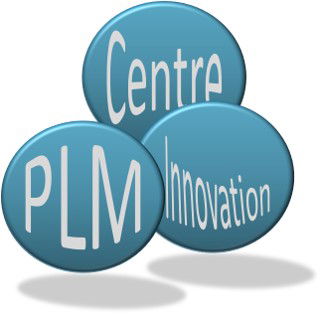PLM project deployments the risks verses the rewards

PLM projects are serious business costing companies huge amounts of time, resource and expenditure.
The risks are high but so are the rewards if the project is managed in a professional and competent way.
PLM Implementation invariably involves some deep diving into product development methods and processes your company is currently using, because PLM related engineering design activity is to at the very least:
• Create complete set of technical documentation for the testing & manufacture
• Servicing & support of a product throughout its lifecycle
• Configuration management to meet product specifications throughout its life
• Traceability & conformance documentation
• Verification of physical characteristics
• Record of testing, manufacture & materials specification
• Record of changes and the control of specification
• Audit trail for product development history
• Documented evidence for the configuration of the product
That is unless you are running a hobby rather than a business in which case you can ask yourself why bother.
However if you are running a business which includes design & production you probably need all the above especially if you are striving to grow your business, & compete in today’s market place.
A successful business will have a management team that is aware of the risks and also the potential rewards.
The management team will also be realistic in their ambitions and expectations from PLM, also importantly the commitment required.


